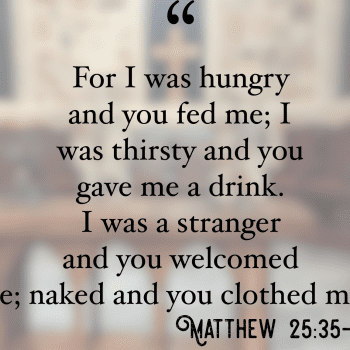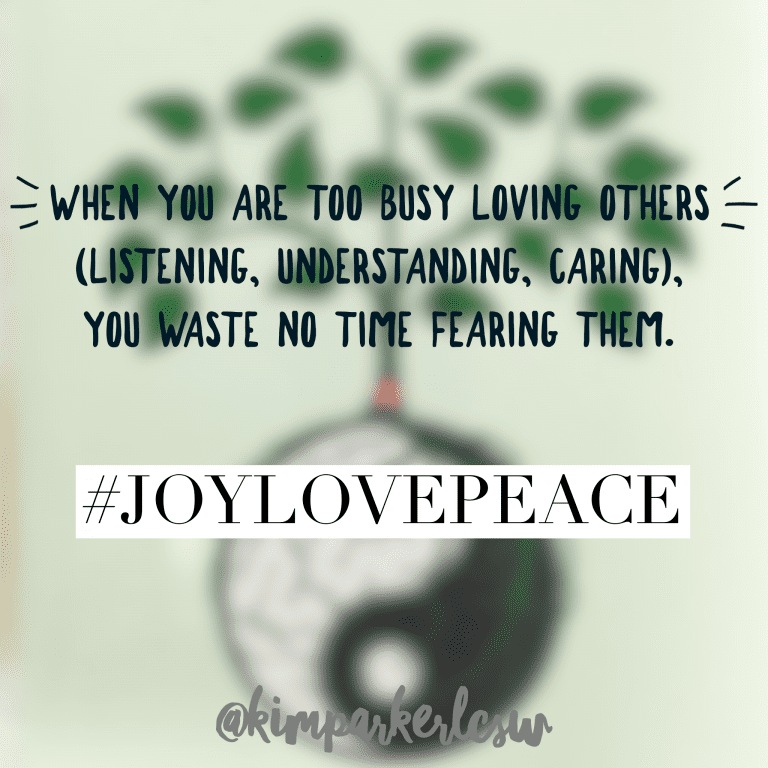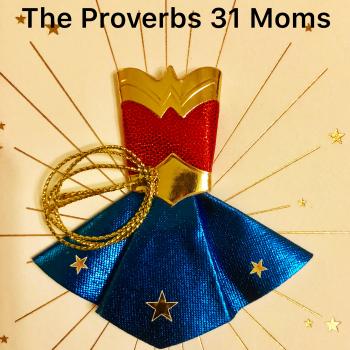The term, “nuclear family,” (NF) is not common vernacular. If, like me, you are a biology major, then you might immediately think of the nucleus of a cell–the most basic, simple structure that controls mammalian life. NF refers to a family with a mother, father, and their biological child(ren).
l first read about NF in psychology textbooks and later in social work textbooks. The term is rarely used or written about outside of academia. It’s becoming increasingly politically incorrect, much like the misnomer, “Indians” has become un-PC to refer to the Native Americans (which can also be a controversial term depending on who you ask).
In my social work profession, which was founded by Christian women who wanted to support orphans, widows, and others deemed vulnerable and helpless in the 1800s American society, the term nuclear family is almost now a taboo topic. I’ve heard people, including colleagues, verbalize this term about zero times in the last decade. This is odd considering how much family dynamics and structure in childhood affect an individual’s functioning and mental health. It seems that my beloved social work profession has gone the political route, veering away from age old truths to pursue noble societal goals such equality and justice.
And here I am, a social worker, daring to write about the importance of keeping the nuclear family together. If you are an adult who grew up in a nonNF structure and have only wonderful memories of your childhood, then I’m happy for you. If you are a parent raising kid(s) in an alternative family structure, I am not judging you. Frankly, at times I find it more than difficult to work at my own marriage and parenting. Another factor that keeps me from judging is that most parents I have the privilege to counsel are no longer married and raising just their biological kids. I am grateful for their trust, vulnerability, and courage to seek help to improve their lives. I am not holier than they or thou.
The majority of my clients fall into the nonNF category: grandparents, kin, single moms or dads, stepparents or unmarried parents raising kids who are biologicals, half, step, or blended. I meet these primary caregivers where they are at and with professional training and education, encourage them to be the role models that will inspire their children to be the best they were created to be. Oftentimes, I bring my own shortcomings, trials and experiences with dysfunctional families, to empathize with and encourage these brave men and women.
If you are a foster or adoptive parent, single or in a committed relationship, hats off to you. Your work is very important and necessary in our fallen world full of brokenness. We need not look further than our neighborhoods to know of kids who’ve lost both sets of biological parents (whether due to death or other reasons). Your attempt to provide unconditional love, safety, nurture, and guidance to the young will be met with much distrust, resistance, and obstacles. And yet, it is so needed in our society today. Keep improving your game and don’t give up hope!
Honestly, when I’m dealing with my own nuclear family, sometimes I imagine the joy, freedom, and peacefulness of not having to do this constant hard work. The singleness of the apostle Paul appears to me an enticing pleasure. The unfettered yoke of single parenting appeals to forbidden desires. The empty nester couples become a guilty secret dream. Then my clients bring me back to reality each day at the counseling office. The sadness, anguish, and complexity of problems that come with being or raising a child who has trust issues, anxiety, depression, and other behavioral problems stop me in my daydreaming.
If working with diverse clients with serious needs does not keep me sane, then venting with friends who are inspirational wives and mothers keep me motivated to stay on track. Either that, or the words of my wise 80+ y.o. mentor slap me out of any naive delusions: And what would you be doing if you were not doing this work? In other words, if I give up on role modeling “keeping it together” and allow myself to fall apart, even temporarily, what would be the consequences?
Too much thinking. Too much realism. Too much escape to fantasy.
You don’t need to write a book about parenting to know the research: Compared to single parenting, kids raised in two-parent families fare better in multiple categories of functioning. Furthermore, compared to unmarried or nonbiological parents, kids raised in nuclear family structures fare the best overall. No one is judging the kid or the adult as inferior or superior, more worthy or less worthy. We are discussing statistics on the reality of human beings and human societies.
So I will keep striving to improve the marital bond I find myself in no matter what challenges come our way. Through my role as a wife, I hope to teach our sons the kind of strength, dignity, and grace they can expect to find in a future spouse. Hopefully by my example, they can learn how an imperfect husband is to be treated in marriage. In our mutual brokenness, we lean on the Almighty for more patience, gentleness, and wisdom to co-parent the kids He has given us.
Furthermore, I will keep trying to improve my parenting skills. When I feel like giving up, I will lean on my faith in reality, in the God of creation, in the sovereign One who allowed a fallen human world. I will remind myself that God redeems us, forgives us, and gives us strength each day to still hope and believe in a better tomorrow. In the hard times, I will see the kids as gifts from above, a blessing in disguise, or at the very least— the thorns on my side that keep me humble, ever closer to God. In the good times, I will praise Him from whom all blessings flow. I will lean not on my own understanding, but in all my ways and scholarly learning, acknowledge Him. So help me God.
What are your thoughts about the importance of keeping the nuclear family structure? Do you believe that it is progressive or regressive to promote its prevalence?
















